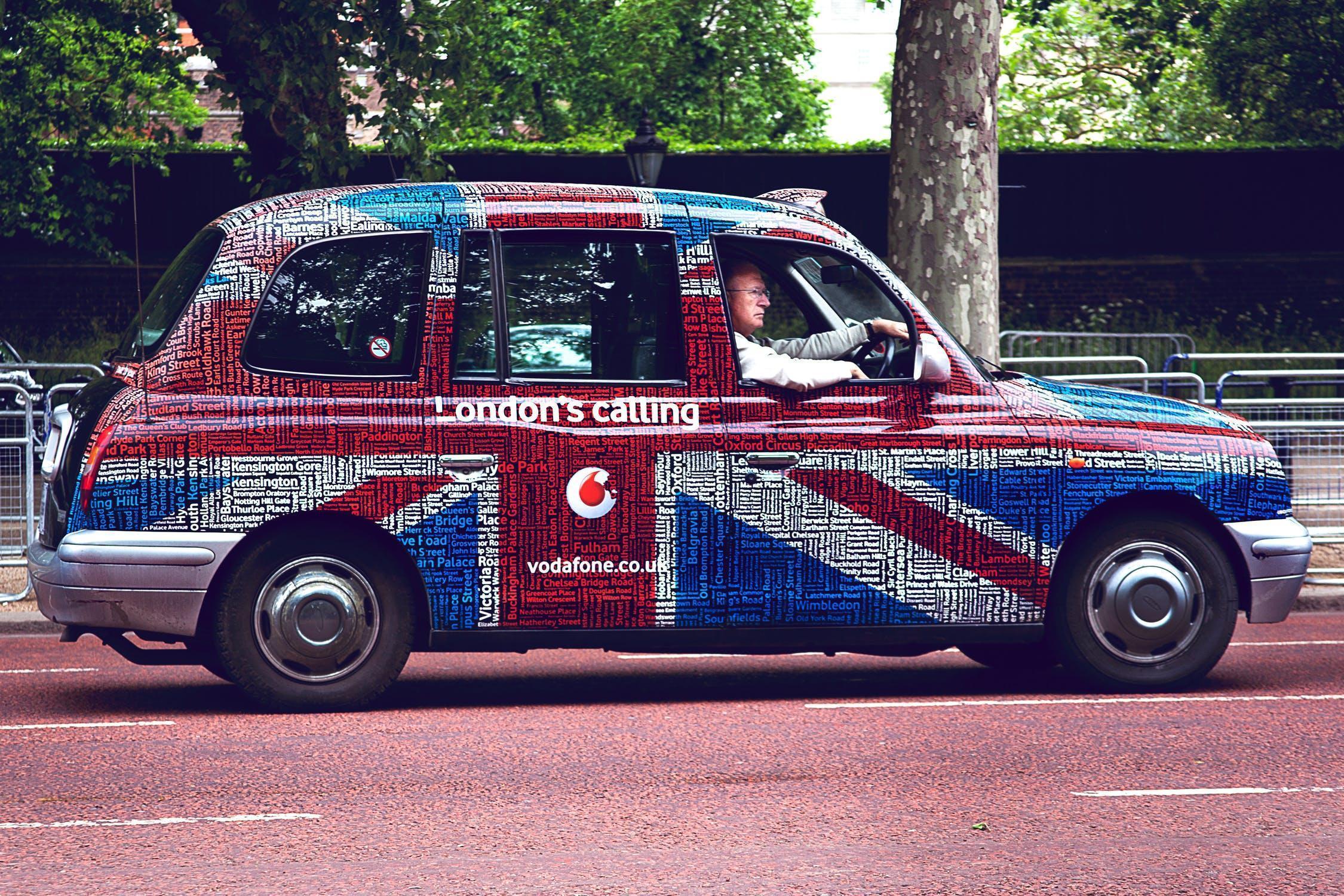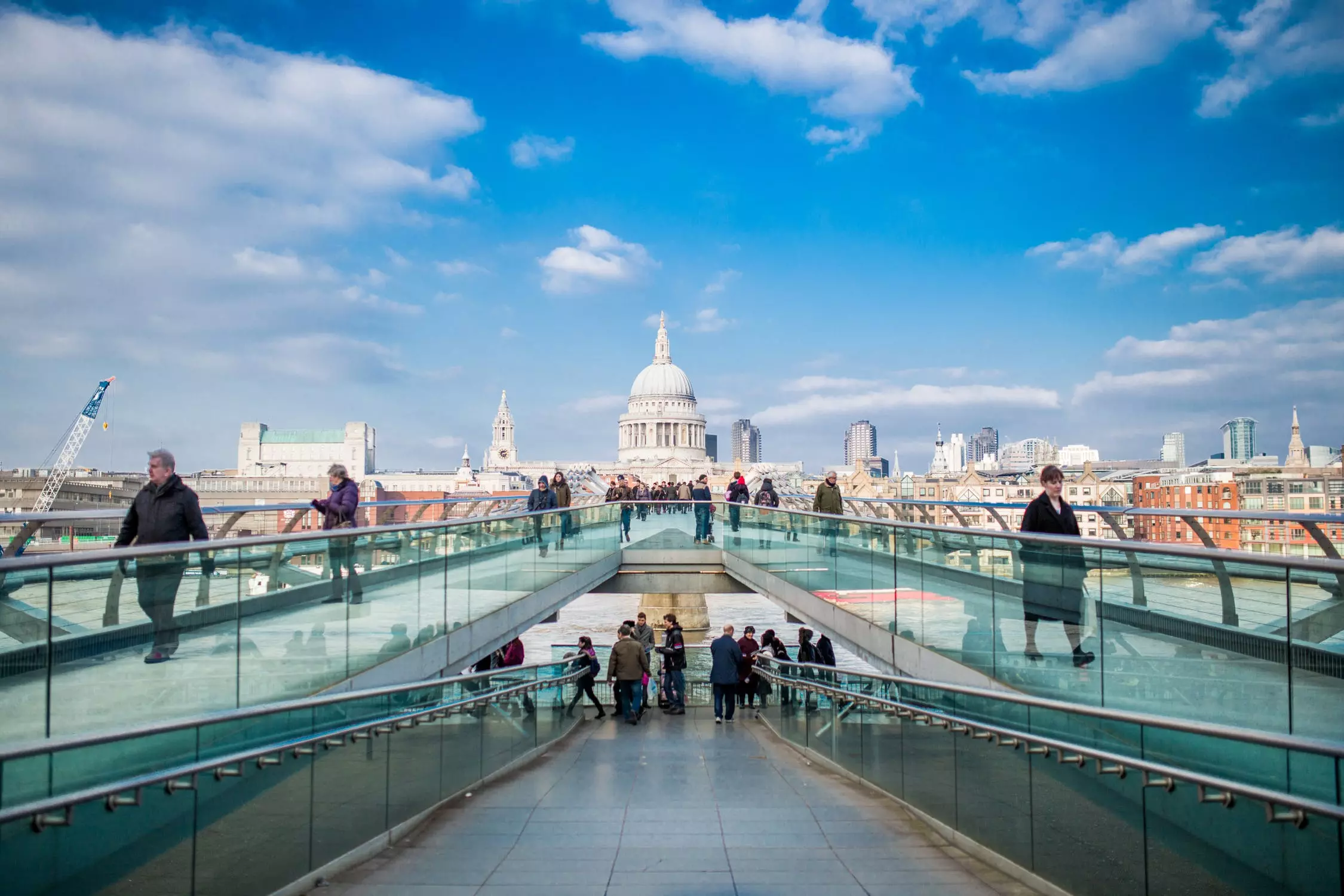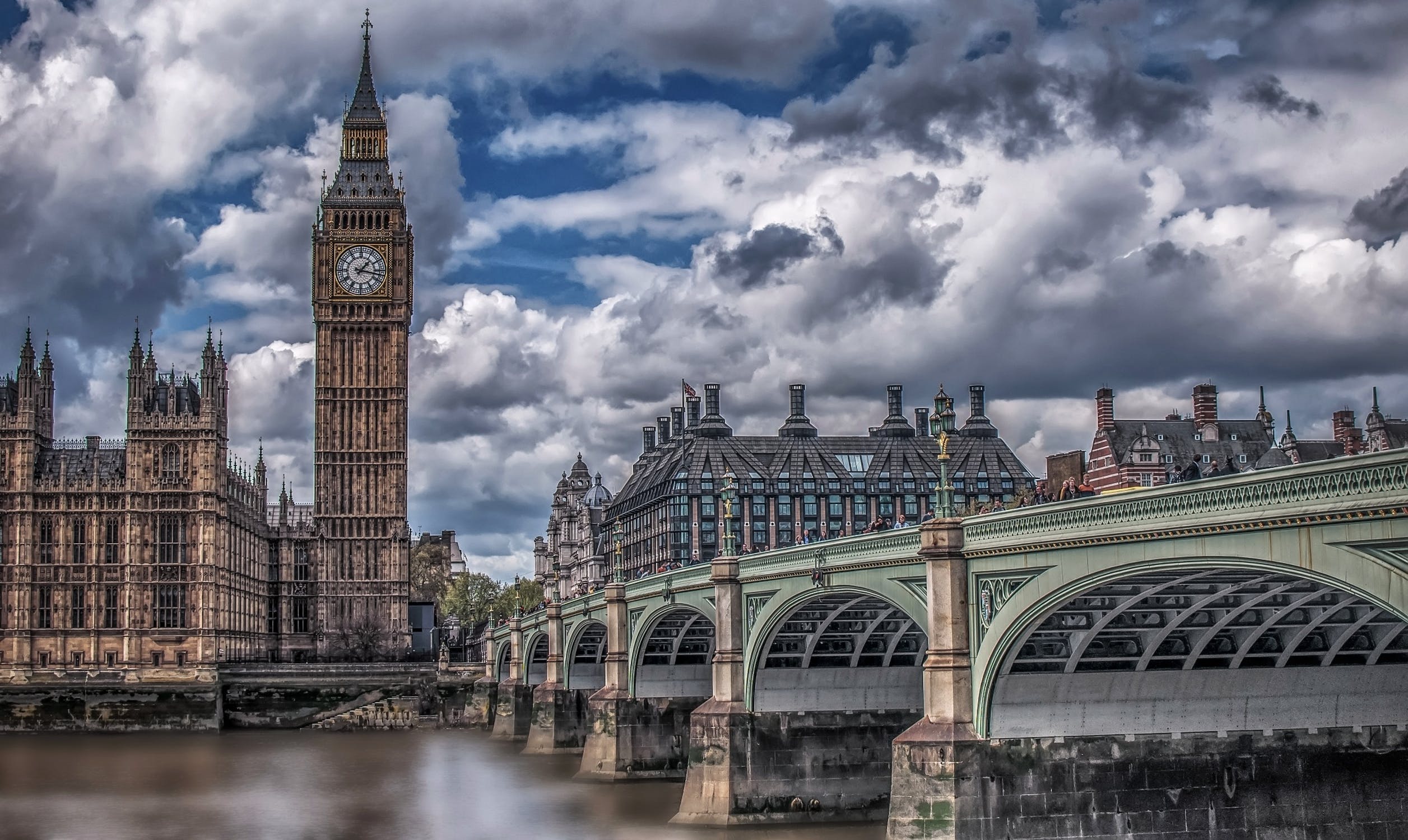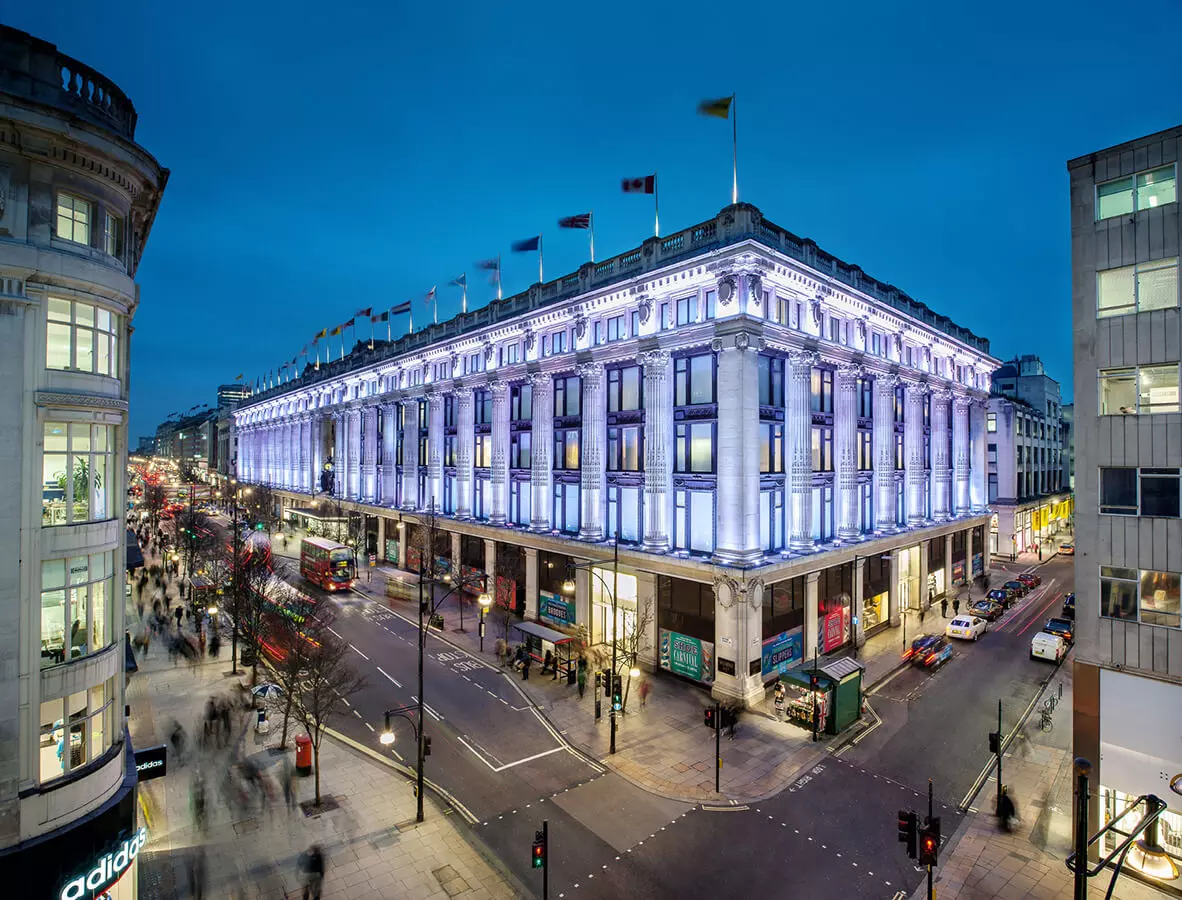Comments
- No comments found

According to a recent study, Brexit has cost the UK a staggering £33bn in lost trade and investment.
Brexit was the United Kingdom's most significant political move in recent history.
The UK's decision to leave the European Union (EU) came after a referendum in 2016, which saw 52% of voters opting to leave the EU. The process took four long years, and it was not without its challenges. But on January 1, 2021, the UK officially left the EU, and the transition period ended. However, the post-Brexit landscape hasn't been as rosy as some Brexit supporters might have hoped, and there are still many questions about what's next for the UK.
In this article, we'll explore the current state of affairs for the UK post-Brexit, the challenges it's facing, and what the future might hold. We'll examine the economic, political, and social implications of Brexit, and what the UK needs to do to ensure a successful post-Brexit future.

One of the main reasons many people voted for Brexit was the promise of greater economic independence. However, the reality of the post-Brexit economy has been challenging. Here are some of the key economic challenges the UK faces:
The UK's departure from the EU means it has lost access to the world's largest trading bloc. This has made trade more challenging, particularly with the EU, which was the UK's largest trading partner. While the UK has secured some trade deals with other countries, including Japan, Canada, and Singapore, these deals are unlikely to make up for the loss of trade with the EU.
Brexit has disrupted supply chains, particularly in the manufacturing industry. The UK's departure from the EU means that goods that were once freely traded now face additional barriers, such as customs checks and tariffs. This has led to delays in getting goods to market, which has had a knock-on effect on businesses and consumers.
Brexit has also had an impact on immigration, which is essential to the UK's economy. The UK has implemented a new points-based immigration system, which is designed to attract highly skilled workers. However, the system is complex and may deter workers from coming to the UK, particularly in industries such as hospitality and agriculture.

Brexit has also had significant political implications for the UK. Here are some of the key political challenges the UK faces:
One of the most challenging issues in the Brexit negotiations was the Irish border. The UK and the EU agreed on a protocol that would see Northern Ireland remain aligned with the EU's customs union and single market to avoid a hard border. However, this has created tensions within Northern Ireland and has led to some unrest.
Brexit has also increased calls for Scottish independence. Scotland voted overwhelmingly to remain in the EU, and the UK's departure has led to renewed calls for a second independence referendum. If Scotland were to become independent, it would have significant implications for the UK's political landscape.
Brexit has also highlighted the fragility of the UK's union. Northern Ireland and Scotland have both expressed dissatisfaction with the UK's departure from the EU, and there are concerns that this could lead to further demands for independence. The UK government will need to work hard to ensure that the union remains intact.

Brexit has also had social implications for the UK. Here are some of the key social challenges the UK faces:
Brexit has led to an increase in xenophobic attitudes in the UK. Some people who voted for Brexit did so because they believed it would lead to a reduction in immigration. However, this has led to a rise in hate crimes and discrimination against EU nationals living in the UK.
Brexit has also created divisions within the UK. The referendum result was split almost evenly between those who voted to leave and those who voted to remain, which has led to significant polarisation within society. This has made it challenging for the government to implement policies that work for everyone.
Brexit has also had an impact on education and research in the UK. The UK has historically been a leader in research, particularly in the fields of science and medicine. However, Brexit has made it more challenging for UK universities and research institutions to attract and retain top talent. This could have long-term implications for the UK's position as a global leader in these fields.

Despite the challenges, there are still opportunities for the UK post-Brexit. Here are some of the key steps the UK can take to ensure a successful future:
The UK will need to continue to negotiate trade deals with other countries to make up for the loss of trade with the EU. The government has already secured some deals, but it will need to work hard to secure more. The UK will also need to ensure that it has the infrastructure in place to facilitate trade, such as customs checks and ports.
The UK's new points-based immigration system is designed to attract highly skilled workers, but it will need to be carefully managed to ensure that it doesn't deter workers from coming to the UK. The government will need to work with businesses to ensure that they have access to the skills they need.
The UK government will need to work hard to ensure that the union remains intact. This will require a renewed focus on devolution, with more power being given to the regions and nations of the UK. The government will also need to listen to the concerns of Northern Ireland and Scotland and work to address them.
The UK will need to attract investment to ensure its economy remains competitive. This will require a focus on innovation and infrastructure, such as high-speed rail and digital connectivity. The government will also need to support small and medium-sized enterprises (SMEs) to ensure they can grow and create jobs.
Brexit has been a challenging process for the UK, and there are still many questions about what the future holds. The UK faces economic, political, and social challenges, but there are also opportunities. The UK will need to work hard to secure new trade deals, manage immigration, keep the union intact, and attract investment. It's a significant task, but with the right approach, the UK can emerge from Brexit stronger and more prosperous than ever before.
Felix is the founder of Society of Speed, an automotive journal covering the unique lifestyle of supercar owners. Alongside automotive journalism, Felix recently graduated from university with a finance degree and enjoys helping students and other young founders grow their projects.
Leave your comments
Post comment as a guest